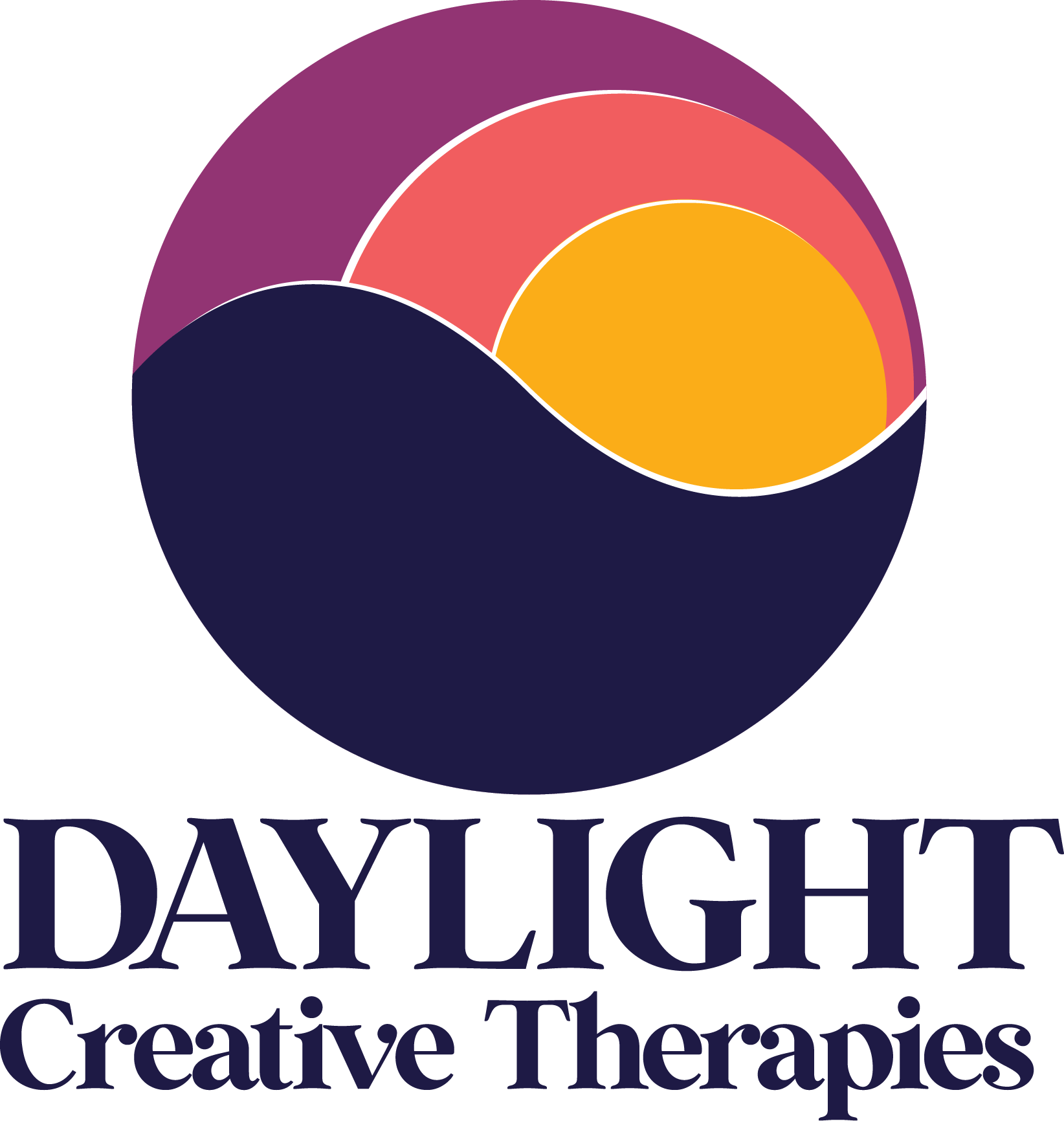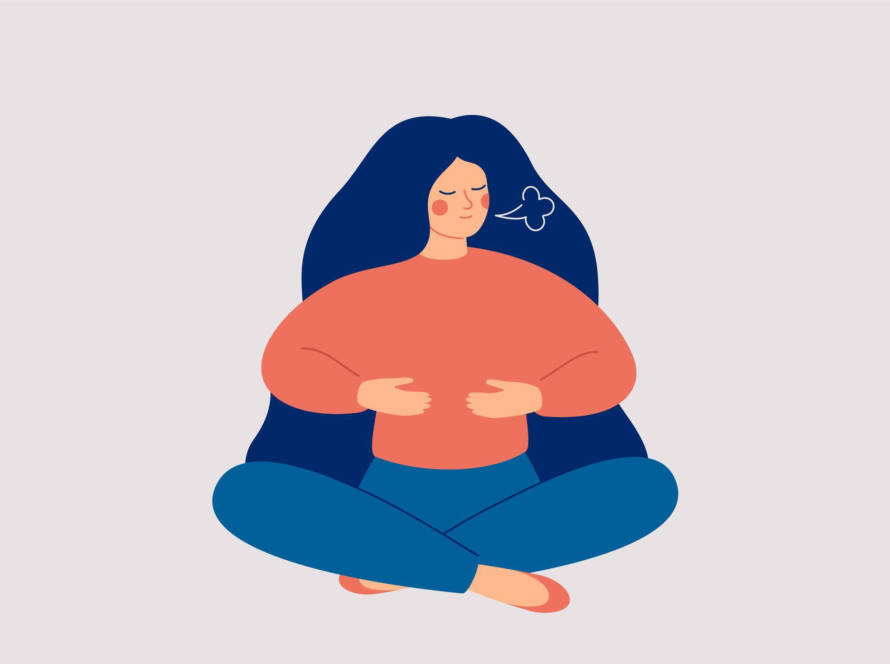
Dear Readers,
Finding a therapist can be tricky, time consuming and sometimes, off putting. As practitioners, we firmly believe in attending regular therapy for ourselves and understand the difficulties in finding a therapist that best suits your needs. Here are some important points to consider and look out for when shopping around for your therapist:
Qualifications and Credentials:
It is important to ensure that the therapist holds the necessary qualifications and credentials to practice therapy. Ask them about their qualifications and look for certifications from reputable organizations or professional associations.
Specialization and Expertise:
Consider the therapist’s area of specialization and expertise. Different therapists may have different approaches and techniques that align with your specific needs or concerns.
Experience:
Find out about the therapist’s experience in working with clients who have similar issues or concerns as yours. A therapist with more experience may have a better understanding of your specific needs.
Compatibility:
The therapeutic relationship is crucial for the success of therapy. Take some time to talk to the therapist and gauge if you feel comfortable, understood, and supported in their presence. Some therapists offer short phone/ virtual calls for prospective clients prior to booking a session.
Trusting and feeling a connection with your therapist is essential.
Treatment Approach:
There are several treatment approaches and it is important to understand the therapist’s approach and how this aligns with your personal preferences and goals. Different therapists have different approaches such as CBT, EMDR, DBT, person-centred, psychodynamic therapy, or other modalities. Research different therapy approaches to find one that resonates with you and your needs.
Availability and Accessibility:
Check with the therapist on their availability and accessibility. You may also wish to ask about flexible appointment times, the office location and if they are able to accommodate both in-person and virtual sessions.
Cost and Insurance:
Check the cost of the sessions. Charges vary and are currently unregulated in Singapore. If you have insurance coverage, check to see if your insurance covers the cost of the sessions.
Reviews and Recommendations:
Read reviews and seek recommendations from trusted sources, such as friends, family, or healthcare professionals. Hearing about others’ experiences can provide valuable insights in choosing the right therapist.
Remember, finding the right therapist is a personal process, and it may take some time to find someone who meets your specific needs. Trust your instincts and don’t hesitate to seek a different therapist if you feel it’s necessary.
When seeking support, consider your goals and needs carefully before choosing a provider. If you require professional assistance for mental health concerns, working with a licensed art therapist, expressive arts therapist, or creative arts therapist would be most appropriate. However, if you’re looking for recreational or leisurely art experiences, non-therapeutic facilitators can also play a valuable role in promoting wellbeing and fostering connections with others.
Contact us at hello@daylightct.sg or via our website www.daylightct.sg if you have any questions or queries about getting support or services in making choices for yourself or your loved ones.
Each month we aim to bring you 2 posts that we hope will help you navigate through the challenges of life with humility, humour and compassion for yourself and those around you. While we aim to inform and provide information, these posts are not meant to be prescriptive nor a stand-in for therapy. If you are struggling or are in need of support, please contact us directly, or your therapeutic provider or reach out to any of the following resources.
Tag us in your socials @daylight_creative_therapies or get in touch with us on our website.
Remember, with any practice, take one small step at a time, be gentle with yourself and practice regularly.




